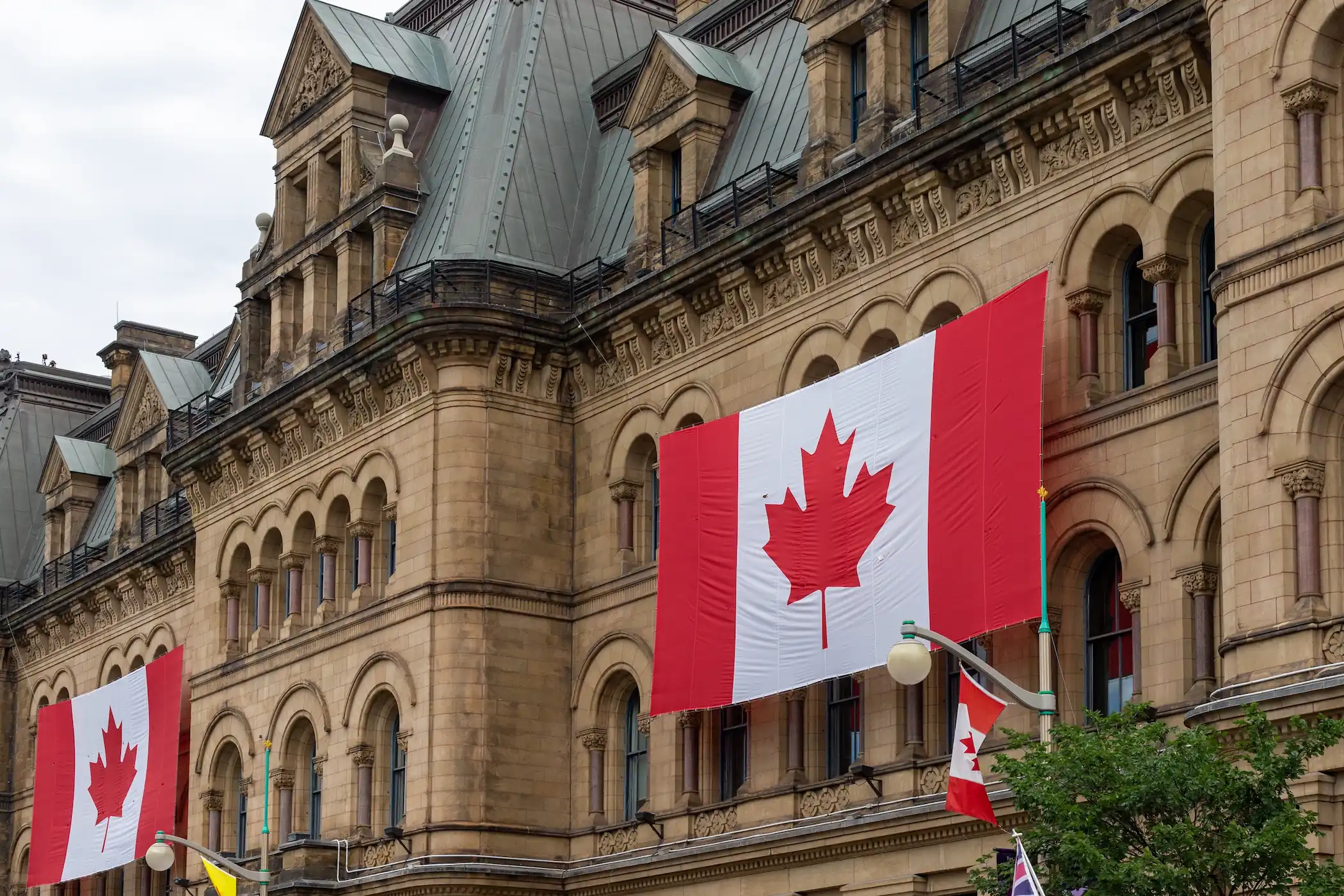The roots of Western cultural hegemony trace back to the age of European colonialism in the 15th century, a period marked by the forceful imposition of Western languages, norms, and customs upon the colonised world. This legacy, often violent and disruptive, marginalised local cultures and established a global hierarchy dominated by Western values. The 20th century saw this dominance amplified with the rise of the United States as a global superpower, where Western cultural hegemony took on a new dimension. American popular culture, including Hollywood films, music, and television shows, became ubiquitous worldwide. The English language cemented its position as the lingua franca of international business and communication. However, in an era increasingly defined by interconnectedness and cultural exchange, the emergence of BRICSPHONE signifies a potential paradigm shift. This initiative seeks to amplify the voices of non-Western cultures, challenge the prevailing narrative, and build a more inclusive, multipolar cultural landscape. This article explores the BRICSPHONE initiative and its potential to reshape the global cultural conversation, redefining cultural power and promoting a more diverse and representative cultural landscape.
BRICSPHONE: A Network of Cultural Bridges
The rise of BRICS nations, with their diverse cultures and economic power, represents a potential challenge to Western cultural hegemony. Initiatives like BRICSPHONE would promote cultural exchange and cooperation among non-Western nations which are important steps toward creating a more multipolar cultural landscape.
The BRICSPHONE initiative aims to establish BRICS Cultural Centres within each member country, serving as hubs for language education, cultural exchange, and educational mobility. They will also function as vibrant hubs of cultural exchange. These centres will offer a wide range of programs and activities designed to promote mutual understanding among the BRICS nations. Language instruction will be a cornerstone of this initiative, enabling citizens of each country to learn the languages of their BRICS counterparts. This linguistic exchange is not only practical for communication but also a powerful tool for cultural immersion and building empathy. This ambitious endeavour marks a significant step towards strengthening intra-BRICS relations and potentially reshaping the global cultural landscape, signalling a shift away from Western-centric models of cultural dominance.
Beyond language learning, the BRICS Cultural Centres will serve as platforms for a multitude of cultural events, exhibitions, workshops, and seminars. These activities will provide a stage for showcasing the rich and diverse traditions, art forms, music, cinema, and literature from each BRICS nation. These events would not only entertain and educate but also foster a sense of shared identity and cultural connection among the BRICS nations.
Combat Western Hegemony
The BRICSPHONE initiative challenges the longstanding Western cultural hegemony, a dominance that has spread globally through historical colonialism and continues through modern forms of cultural influence. This influence manifests in the widespread popularity of Western media, the pervasiveness of the English language, and the promotion of Western values as a global standard. This dominance has had a significant impact, marginalised local cultures and created a sense of dependence and alienation in many countries. People in these countries are bombarded with stories and images that reflect a different set of values and experiences, which can lead to a feeling of inauthenticity or a sense that their own culture is inferior.
The BRICS nations, however, are increasingly asserting their cultural autonomy, leveraging their growing economic and cultural influence. BRICSPHONE serves as a manifestation of this desire to break free from Western-centric models and promote a more multipolar cultural landscape. This shift doesn’t seek isolation from the West, but rather a more balanced exchange of cultural expressions. BRICS nations want their cultures to be valued and appreciated on the global stage, and BRICSPHONE provides a platform for this to happen. By establishing cultural centres, promoting language education, and fostering collaboration, BRICS nations can create a more inclusive and diverse cultural landscape, enriching the lives of millions of people around the world.
Challenges and Opportunities
While the BRICSPHONE initiative holds great promise, it faces several significant challenges. Coordinating and implementing such a large-scale cultural exchange program across 10 diverse countries will require substantial financial resources, a long-term commitment from all member states, and a high degree of political will. Establishing effective governance structures to oversee the initiative and ensure the quality and consistency of programs across the BRICS Cultural Centres will be crucial. Additionally, navigating the complex cultural landscapes of each member country and addressing potential sensitivities around national identity and representation will require careful planning and diplomatic tact.
Despite these challenges, the potential rewards of BRICSPHONE are substantial. If successful, the initiative could reshape the global cultural landscape, promoting a more balanced and inclusive representation of diverse cultural expressions. It could empower the BRICS nations to project their cultural soft power on a global scale and play a more prominent role in shaping global narratives. BRICSPHONE could foster a new era of intercultural dialogue, fostering greater understanding between the BRICS nations and the rest of the world.
The success of BRICSPHONE could also have a ripple effect, inspiring other developing nations to invest in their cultural institutions and promote South-South cultural exchange. This could lead to a more multipolar cultural world, enriched by the diversity of human expression.
Al Habtoor Research Centre’s Commentary articles allow researchers to provide quick, informed responses to ongoing topics, emphasizing personal perspectives and expert opinions without the weight of exhaustive citations. This ensures agility in addressing rapidly evolving subjects and enriches the discourse with authentic insights.










Comments